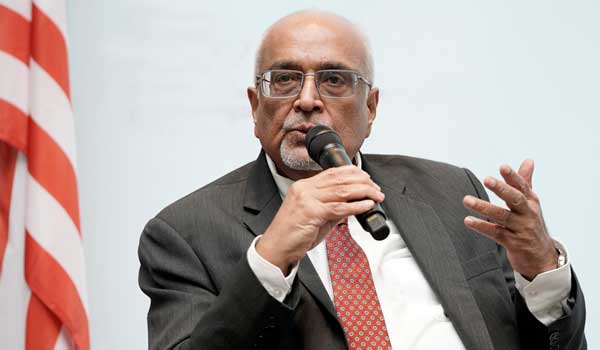
Dr Debapriya Bhattacharya on 23-24 May 2022 participated in Berlin at the conference of the G7 think tanks, known as Think7 Summit, organised by the German Development Institute (DIE) and the Global Solutions Initiative (GSI), in partnership with the Friedrich-Ebert-Stiftung (FES), the German Council on Foreign Relations (DGAP) and the Aspen Institute Germany.
Speaking at a session on “Future of International Development Cooperation,” Dr Debapriya pointed out that “the international development cooperation (IDC) landscape is experiencing a tectonic shift.” Based on his recent research on the subject, he mentioned that prior to the pandemic, the IDC architecture suffered from fragmentation and was wanting in taking note of the new landscape characterised by the changing profile of the recipients as well as emergence of new actors and instruments and modalities along with competing priorities.
He emphasised that three developments of the last two-three years are going to have a defining influence on the future of international development cooperation. They are the following.
- Visible loss of political traction for IDC in the OECD countries – rise of ultra-right perspectives and retreat from 0.7 per cent of GNI as ODA commitment.
- Rise of SSC as it played a significant role during the pandemic through vaccine supply, medical help and financial assistance.
- Ukraine crisis where 30-40 odd developing countries could not align their development concerns and strategic positions with G7.
He argued for creating a non-negotiating safe space for the TTs to retreat and review and rearticulate the revamped international development cooperation propositions and practices for the future.


